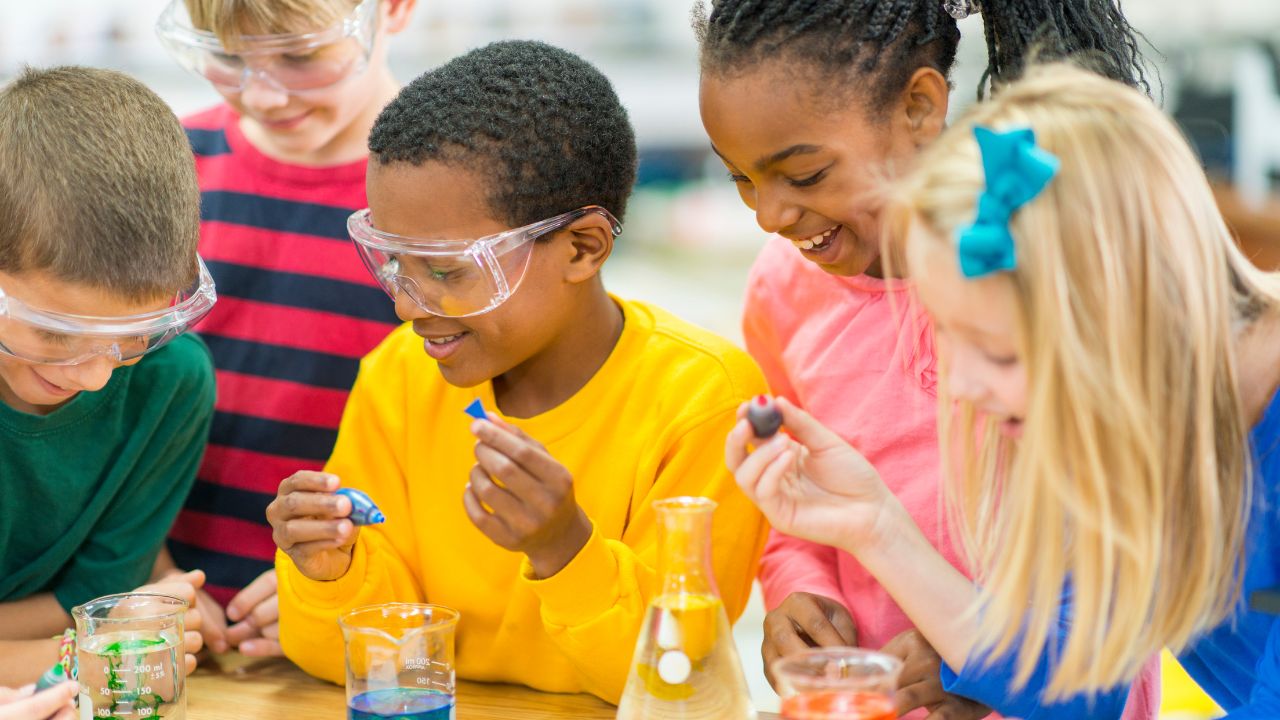
Science classes for kids can be both educational and fun, igniting a passion for discovery and learning at a young age. From conducting experiments to unraveling the mysteries of the natural world, these classes provide a hands-on experience that engages young minds and sparks curiosity. Let's dive into the exciting world of science classes for kids and explore the adventures that await!
The Wonders of Science Classes for Kids
Hands-On Experiments
- Science classes for kids often involve hands-on experiments that allow children to explore scientific concepts in a tangible way.
- From mixing chemicals to observing the effects of different variables, these experiments provide a memorable learning experience.
- By engaging in hands-on activities, kids can better understand complex scientific principles and develop a love for experimentation.
Interactive Learning
- Interactive learning is a key component of science classes for kids, as it encourages active participation and engagement.
- Through interactive lessons, children can ask questions, make observations, and draw conclusions, fostering critical thinking skills.
- By involving students in the learning process, science classes create a dynamic and stimulating environment that keeps kids excited about science.
The Benefits of Science Education for Kids
Encourages Curiosity
- Science classes spark curiosity in young minds, inspiring children to ask questions and seek answers about the world around them.
- By exploring scientific concepts and conducting experiments, kids can satisfy their natural curiosity and develop a sense of wonder about the universe.
- Encouraging curiosity at a young age can lead to a lifelong love of learning and exploration.
Fosters Critical Thinking
- Science education for kids promotes critical thinking skills by encouraging students to analyze information, make connections, and draw conclusions based on evidence.
- Through hands-on experiments and interactive learning, children learn to think critically and solve problems creatively.
- Developing critical thinking skills early on can benefit kids in all areas of their education and future careers.
Embracing the Future of Science Education
STEM Education
- Science classes for kids often fall under the umbrella of STEM education, which integrates science, technology, engineering, and mathematics into a cohesive learning experience.
- By emphasizing STEM education, kids can develop a diverse skill set that prepares them for the challenges of the future.
- STEM education encourages innovation, creativity, and collaboration, essential skills for success in the modern world.
Experiential Learning
- Experiential learning is a key component of science classes for kids, as it allows children to learn by doing and experiencing scientific concepts firsthand.
- By engaging in hands-on activities and experiments, kids can see the practical applications of science in real life, making learning more meaningful and memorable.
- Experiential learning fosters a deeper understanding of scientific principles and inspires a lifelong love of discovery.
Science classes for kids offer a world of possibilities, from bubbling beakers to bright minds ready to explore the wonders of the natural world. By engaging in hands-on experiments, interactive learning, and STEM education, children can develop vital skills and a passion for science that will serve them well in the future. So, let's encourage our young learners to embrace the adventure of science classes and unlock the potential of their curious minds!
